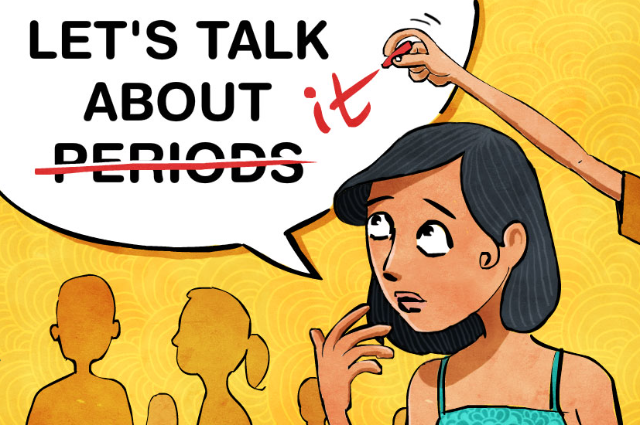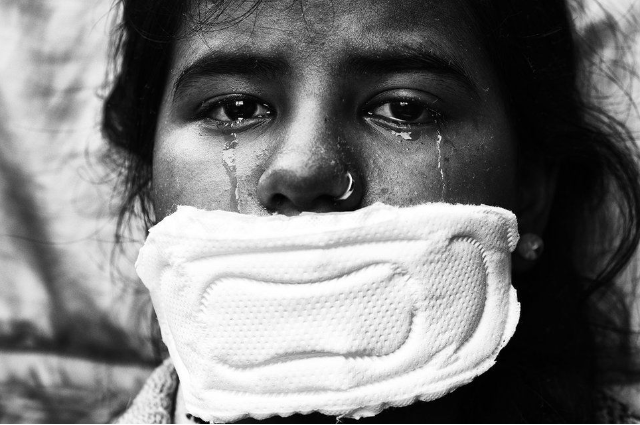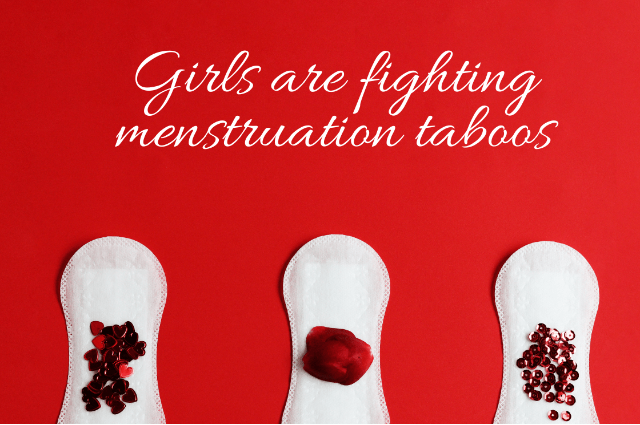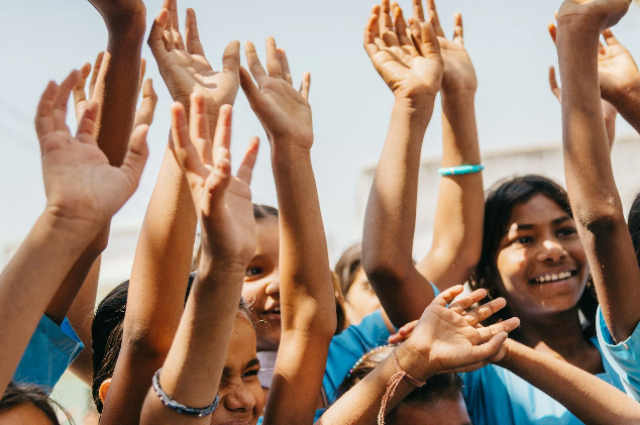Menstruation also termed as “period” is the condition of a woman bleeding every month because the uterine lining is shed by the womb. The blood passes out of the vaginal opening, traveling through the cervix from the uterus. The process follows a cycle, with the bleeding lasting for 3-5 days, and the time gap between one month period to the other ranging from 21 to 35 days. As menstruation is just a biological process that occurs in a female body, addressing menstruation hygiene is the elephant in the room.
In rural areas and also some parts of the urban area menarche is a public celebration of the rite of passage. The celebration commemorates a girl’s transition into womanhood which is linked with marriageability and motherhood as well, beyond that menstruation brings seclusion from their normal life. In rural India, menstruation a biological process is totally linked with social and religious beliefs. It is not a frequently used word in rural areas. It is believed that menstrual flow is dirty blood. The women and girls are treated as untouchables, they are even termed as unholy. Several restrictions are imposed on them during menstruation, like not visiting holy places or practicing prayers, not entering in kitchen, not being allowed to cook, and even eating several foods. In regions of Maharashtra, Orissa, Chhattisgarh, and Andhra Pradesh when girls achieve their menarche, then they are banished to ‘period hut’ situated in the outskirts of the village. These types of practices force women to be marginalized, also as these are discriminatory towards the. Consequently, this subjects them to shame, fear, and pain as well. More than 50% of girls were unaware of what was happening to them when they shed off blood for the first-ever time. Mothers usually in rural areas avoid this topic as they feel ashamed in talking about this. The issue is rarely discussed in classrooms, and teachers themselves often find the topic embarrassing, perpetuating an environment of shame and secrecy around menstruation. Consequently, minor girls remain unaware of adequate ways to manage menstruation in schools or public areas. Thus, this lack of awareness results in the secrecy of the topic and creates a bizarre environment, so, no rural women or girls take the courage to speak about the grievance that they are facing for a long time.
Misconceptions and stigma associated with women or girls during menstruation are rife in Indian Societies, this affects women’s physical and psychological health. As women in rural areas lack awareness also many of them are too poor to use sanitary napkins or tampons. So, as an alternative they commonly use cloth. Using old cloth from saree or leftover rags. The cloth requires high maintenance but the feeling of shame during menstruation prevents them to wash properly and most important drying these clothes in the sun. So, most of the time they use a damp cloth. These practices increase the risk to their health. It causes reproductive tract infections, fungal infections, and cervical cancer.
Besides these health issues, menstruation also impacted the education of girls. Around 20% of girls drop out of school after reaching puberty, and, several girls remain absent during their period days. Not only girls but women in rural areas also pause their important work when they are on their periods. The reason is not only the lack of adequate ways to manage periods but also the discomfort that arises due to the use of cloth or any other unhygienic substitute. A proper diet is also crucial in periods so to get relief from cramps. These things directly impact their economic independence and also widen the gender gap in education as well as in other fields.
The lack of open-minded nature in menstruation is a major bottleneck of all problems. Lack of awareness on hygiene and managing ways and unavailability of sanitary napkins worsen the situation for rural women. The availability of sanitary pads will improve the situation to a large extent.
Nowadays menstruation is a subject of great concern, several campaigns run to spread awareness in rural areas. Movies like PADMAN based also highlight the issues. Hoping for a day when menstruation is treated as a normal bodily function and nobody has to feel shame for asking essentials for that.




